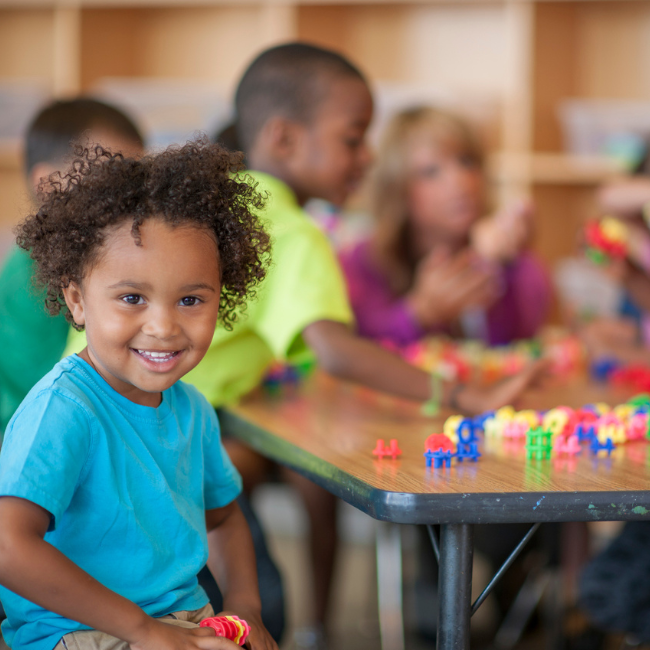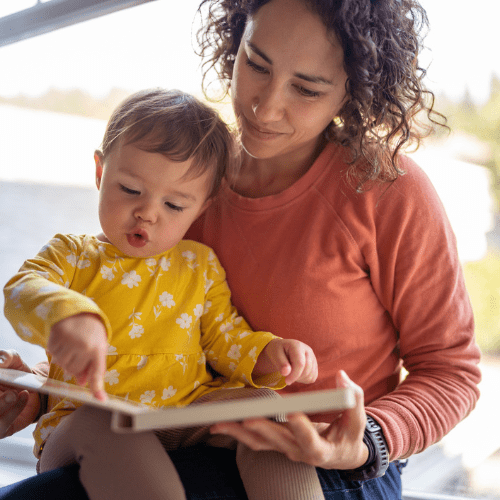From the moment your child is born, their journey of learning begins.
This journey is filled with emotions, challenges, and opportunities for growth. You—as their most influential figure—play a central role in shaping this experience.
Research has shown that the most formative learning years are from birth to age five. Our Early Learning Centers, alongside our Early Learning Partners, do not take this lightly.
We strive to create a thriving and educational environment, giving your child the freedom to focus on interactive experiences during this important time in their little lives.
We also prioritize your child’s nutrition, providing well-balanced meals of breakfast, lunch, and a snack, following federal Child and Adult Care Food Program (CACFP) guidelines. Of course, water is available all day as well.
Our approach consistently fosters happy and motivated young learners, bringing a source of fulfillment to our teachers and staff.



